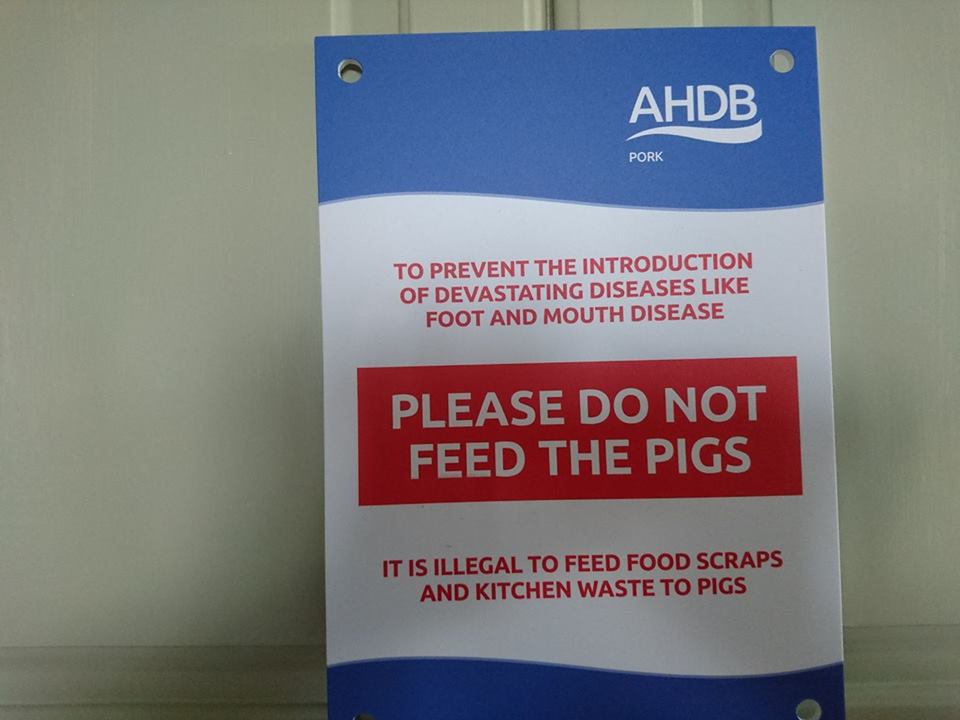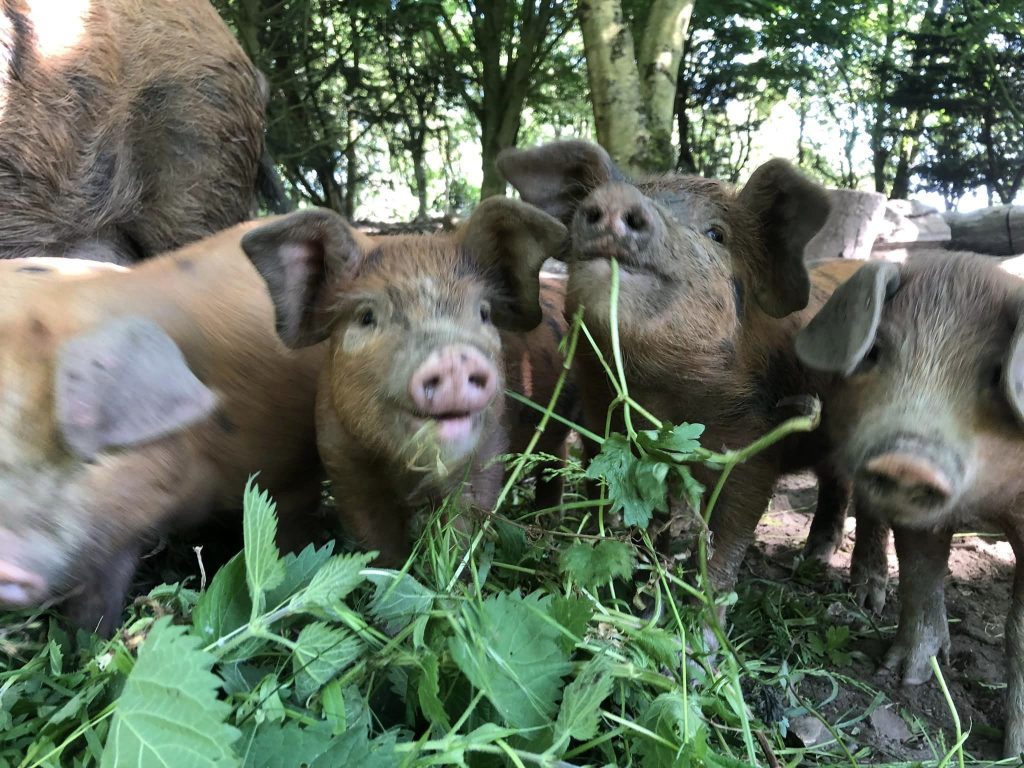
Biosecurity serves as the pivotal strategy through which we thwart the infiltration and proliferation of detrimental agents, encompassing viruses, bacteria, animals, plants, pathogens, and insects, within the UK. Additionally, it outlines our approach to managing the repercussions posed by organisms that have already taken root.
Within the realm of pig management, the principles of biosecurity are geared towards safeguarding our pig population against the threat of pests, weeds, and diseases, while concurrently bolstering the accessibility of pork production for British consumers. An imperative aspect involves remaining vigilant against the introduction of alien invasive diseases, whether propelled by human intervention or stemming from interactions with other species. Notable examples include the risk posed by diseases like African Swine Fever (ASF), Swine Dysentery, PRRS, TB, Erysipelas, and numerous others.
Biosecurity emerges as a shield fortifying our pigs against the onslaught of infectious diseases. Through stringent measures and diligent practices, we bolster the resilience of our pig industry and enhance the protection of our animals, all while ensuring the continuity of safety of our pigs and, of course, high-quality pork production.
The transmission of diseases can occur through various pathways, encompassing:
- Introduction of new pigs into an existing herd
- Movement of pigs, individuals and machinery both within and between farms/holdings
- Interaction with livestock belonging to neighbouring properties or at events
- Contamination resulting from the presence of vermin and wild birds
- Being exposed to potentially contaminated drinking water through rivers and streams
- Feeding kitchen waste
- Interaction with humans through on-farm visit

These routes of disease dissemination fortifies the significance of stringent biosecurity measures to safeguard pigs health and prevent the unwarranted proliferation of illnesses.
To establish a secure environment for both our pigs and ourselves, we can undertake the following measures:
Preventive Measures:
- Refrain from introducing infections onto your farm and prevent their spread by avoiding contamination through soiled clothing, footwear, and hands.
- Monitor and control farm visitors and vehicles to limit potential contamination sources.
- Set up dedicated hospital pens to isolate sick pigs. Consider applying for a free isolation unit.
- Maintain cleanliness in farm access routes, parking spaces, yards, and storage areas.
- Ensure availability of pressure washers, brushes, hoses, water, and disinfectant for effective cleaning.
- Display foot dip signs and provide disinfectant at entry points for visitors’ use.
- Keep animal housing clean, adequately ventilated, and avoid overstocking.
- Avoid sharing injecting and dosing equipment. Clean and disinfect farm machinery and equipment, especially if shared with other farms.
- Provide livestock with a well-balanced and nutritious diet. Refrain from offering unpasteurised milk to pigs to minimize the risk of bTB.
- Source pigs and livestock from reputable suppliers; make informed decisions.
- Collaborate with your veterinarian to establish a health plan, including provisions for isolating new or returning stock. Maintain proper fencing to prevent contact with neighbouring livestock.
- Implement effective pest control programs.
- Secure ponds, streams, and rivers with fencing, while providing clean and fresh drinking water through troughs.
- Keep livestock away from recently spread slurry for at least two months.
- Ensure accurate and up-to-date identification and record-keeping practices.
- Properly dispose of fallen stock without burying or burning in fields.

Vigilance and Reporting:
- Remain watchful for any signs of disease.
- Promptly report notifiable diseases to the Animal and Plant Health Agency (APHA).
Staying Informed:
- Stay updated on pig diseases in your region by subscribing to the AHDB disease charter.
By adhering to these comprehensive measures, we can significantly reduce the risks of disease transmission, enhance the health and well-being of our livestock, and fortify the safety of our operations.

The Oxford Sandy and Black Pig Group is UK’s only pig breed that is a registered charity in England & Wales (1190463) and Scotland (SCO52662). We are creating a better future for our breed, the bloodlines and its breeding potential together with our Independent Pork Producers, Breeders and Keepers. Please click the donate button so we may continue to look after our breed and our supporters.
Follow us on Facebook and see how we support, help and inspire individuals about our rare breed